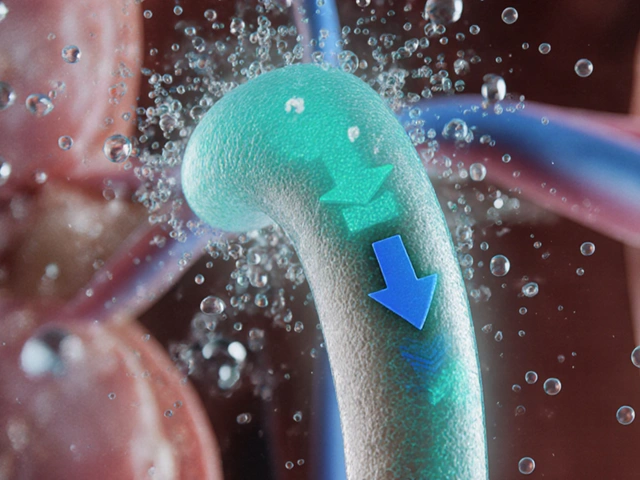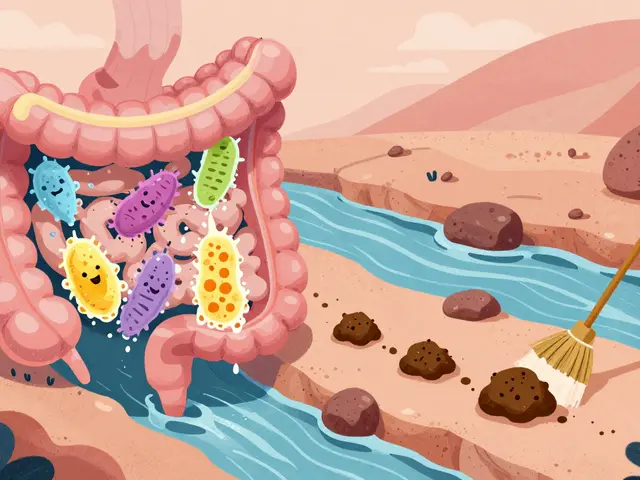Worm Infections: What You Need to Know
Worm infections happen when tiny parasites called helminths get into your body. They can enter through contaminated food, water, or even by walking barefoot on soil. Once inside, they settle in the gut, lungs, or other organs and start feeding off you. The good news is most infections are easy to spot and treat if you know the signs.
Common Types of Worm Infections
Roundworms, tapeworms, and hookworms are the three big groups you’ll hear about most often. Roundworms (like Ascaris) grow long and thin and love the intestines. Tapeworms attach to the gut wall and can stretch several meters, while hookworms hide in the small intestine and can cause anemia. Each one has a slightly different life cycle, but all of them thrive on poor hygiene and dirty water.
Symptoms vary, but the most common clues are stomach pain, nausea, and an itchy rash around the belly button or feet. Some people notice tiny white specks in their stool – that’s a tell‑tale sign of a tapeworm segment. If you feel constantly tired, you might be losing blood to hookworms. Kids are especially vulnerable because they play outside and often forget to wash their hands.
Treatment and Prevention Tips
Doctors usually prescribe a single dose of an antiparasitic pill like albendazole or mebendazole. These medicines are cheap, work fast, and clear most infections in one go. It’s important to finish the whole dose and follow up with a stool test if your doctor suggests it, just to be sure the worms are gone.
Preventing worm infections is mostly about keeping things clean. Wash your hands with soap after using the toilet and before eating. Peel or cook vegetables and meat thoroughly, especially pork and beef. If you travel to places with unsafe water, drink bottled or boiled water only. Wearing shoes when you’re outdoors stops hookworms from slipping in through your skin.
Even if you’ve never had a worm infection, a quick check‑up when you notice digestive upset can catch problems early. Most pharmacies sell over‑the‑counter dewormers for pets, but human treatments need a prescription, so chat with a doctor if you suspect anything.
At home, you can boost your body’s natural defenses by eating foods rich in fiber and probiotics. A healthy gut makes it harder for parasites to settle in. Yogurt, kefir, and fermented veggies are simple additions to any meal.
Remember, worm infections are common but rarely dangerous when treated promptly. Spotting symptoms, getting the right medicine, and staying tidy are the three steps that keep you worm‑free. If you have any doubts, schedule a quick chat with your healthcare provider – they’ll guide you through the safest options.
How to Protect Your Family from Worm Infections at Home
Learn practical steps to stop worm infections at home. From hygiene habits to safe play, deworming schedules and quick screenings, keep your family parasite‑free.
View More




